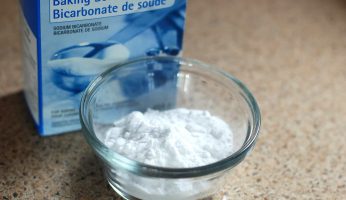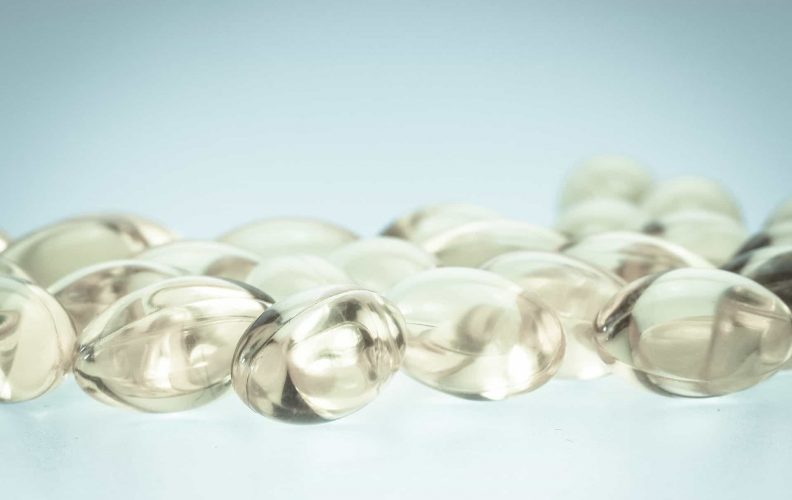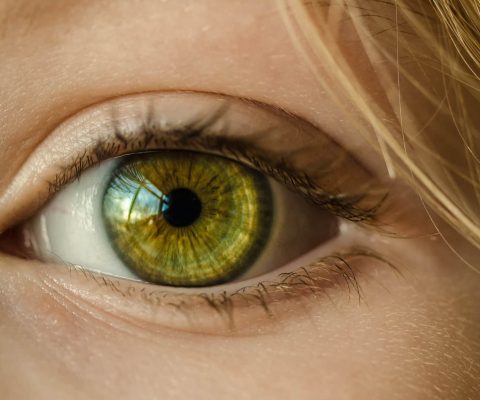How to Protect Your Eyesight?
Disclosure: We use affiliate links and may receive a small commission on purchases.
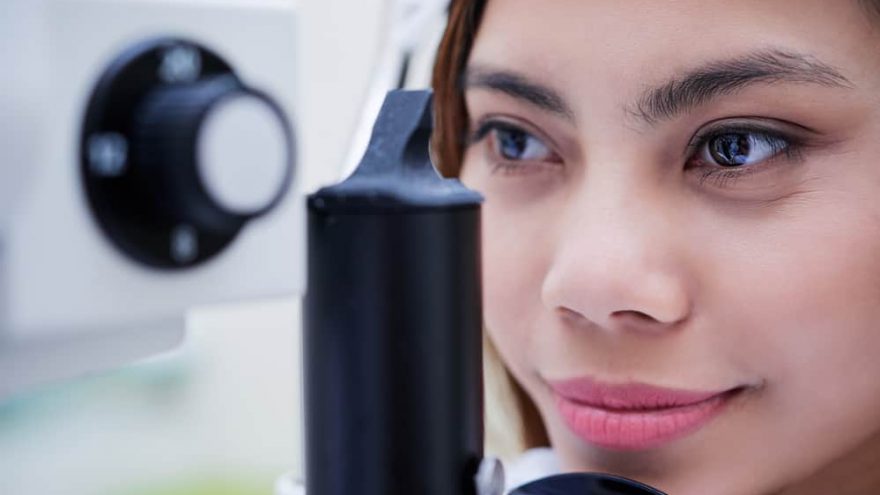 How to Protect Your Eyesight?
thefitbay.com
How to Protect Your Eyesight?
thefitbay.com
Out of all the five senses that humans are born with, sight is the one we use the most in our environment. So much so, that it can be inferred that 80% of the world we perceive is just from sight, from our eyes. With this overwhelming number, you would think that eye care would be more of a priority, but unfortunately, in our society, it’s not as prevalent as it should be.
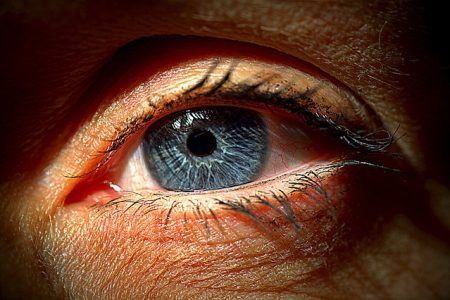
If you weren’t born already with bad vision, once you hit a certain age, you’ll notice your ability to see (normally read) diminishes. And for those who already don’t see so well, to begin with, you’ll notice an even worse decline. This, along with many eye disorders and diseases that can be developed through time, can be one of those hard facts of life.
It seems as if we don’t cherish what we have until it’s gone. And that goes with our eyesight. Most Americans don’t care for their eye health as much as they should. That also includes the annual eye health exam. Most of us don’t book that appointment, to begin with.
Here are a few ways we can decline our chances of developing diseases, disorders and overall poorer eye health as we age.
1. Watch what you eat.

We know it seems like everything just comes back to nutrition, but what we put into our body plays an important role in our overall health. If your parents had always told you carrots were good for your eye health, they were correct! Carrots contain a lot of vitamin A. If you have a deficiency in vitamin A, then it is possible that you can develop night blindness. If you don’t take the time to consume the vitamins and minerals that are specifically good for your eyes, you’ll pay the price later! The most important vitamins we need are zinc, vitamin E, Rutin, vitamin A and Selenium.
2. Go to the doctor more often.

Marking those appointments at more constant and regular intervals can help doctors find irregularities easier and before they develop into something worse. Not only does this mean going to the eye doctor, which at a minimum you should be going to once every two years, this also includes your overall health. For instance, your blood pressure and checking for diabetes are two imperative things that you need to take care of on a regular basis that has a direct effect on your eyes. These problems can lead to loss of vision by macular degeneration, eye strokes, and diabetic retinopathy.
3. Wear sunglasses.
They are not just a fashion statement! Sunglasses help shield your eyes from UV rays, which are quite harmful, not only to your skin but to your eyes. UV rays hold a big responsibility in pinguecula and cataracts.
4. Say no to smoking.
Just in case you need another of the hundreds of reasons to quit smoking, your eye health is one of them. Smoking can lead to cataracts, uveitis, and macular degeneration.

5. Take a break.
There are ways to protect your eyes from developing a computer vision syndrome. Now more prevalent than ever, this affects people in developed countries who view a computer screen for more than two hours on a daily basis. Usually, CVS includes headaches, dry eyes, double vision, eyestrain, blurred vision and difficulty refocusing the eyes. Also related is neck and shoulder pain. There are programs like PYV, protectyourvision.org that helps set up a module program that sets a timer for you to take a break.
Another few tips you can use when you’re using a computer is to:
Use your glasses or contacts to avoid overstraining.
Put your monitor at eye level or just below. Keep it at a distance, a little bit further than you would read a book.
Try to not watch television in a dark room. Keep a light on.
Take frequent breaks, not just from a computer, but from reading a book as well.
Watch the light on a monitor.
6. Be aware of your surroundings.
Whether you are playing a sport, or even a spectator, it’s possible that a flying ball or a flying fishing line can hit you in the eye and cause injury. Also if you are in a workshop of any kind, try and use protective eye glasses, goggles or full on face shields.
If you are wearing eyeglasses or contact lenses, make sure to care for them as well! Objects that we have to put near our eyes on a daily-length basis or lenses that actually go into our eyes can be quite harmful to our eyes. Naturally, our eyes don’t expect a foreign object to enter in our eye, and of course, it takes some getting used to, but it also requires great care.
Make sure you are cleaning not only your glasses but changing your case on a regular basis. When it comes to contacts, make sure you are following protocol as it is advised to throw away and put in new contact lenses. Get a quality lens cleaner and solution to store your contacts and change your contact case on a regular basis as well. Between each use, clean the case. Clean your contacts using the cleaner before you store and after you store them. Try to avoid sleeping in your contacts as much as possible. This could dry out your eyes and strain them even more.
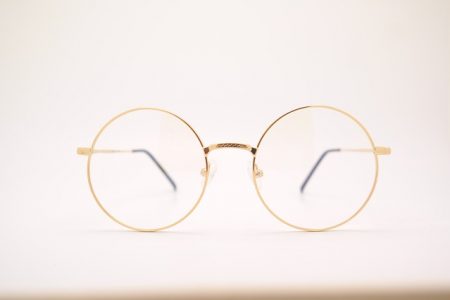
The bottom line is that your eyes need a break! Especially in a world where our technology is getting more and more advanced, there are loads of ways that you can injure or cause harm to your eyes. These were just a few steps that you could take to care for your eye health and help prevent future eye problems, but there are loads and loads more! If you are curious, search your specific work position and see how detrimental your job is to your eye health. Then take the precautionary measurements you need to take to help protect your eyes from damage as much as possible.

